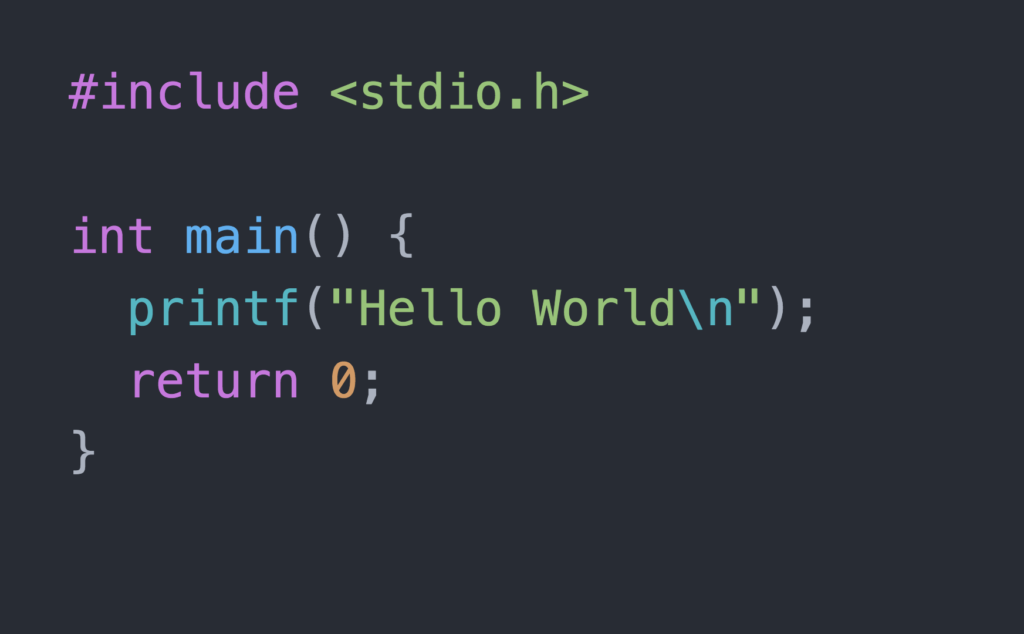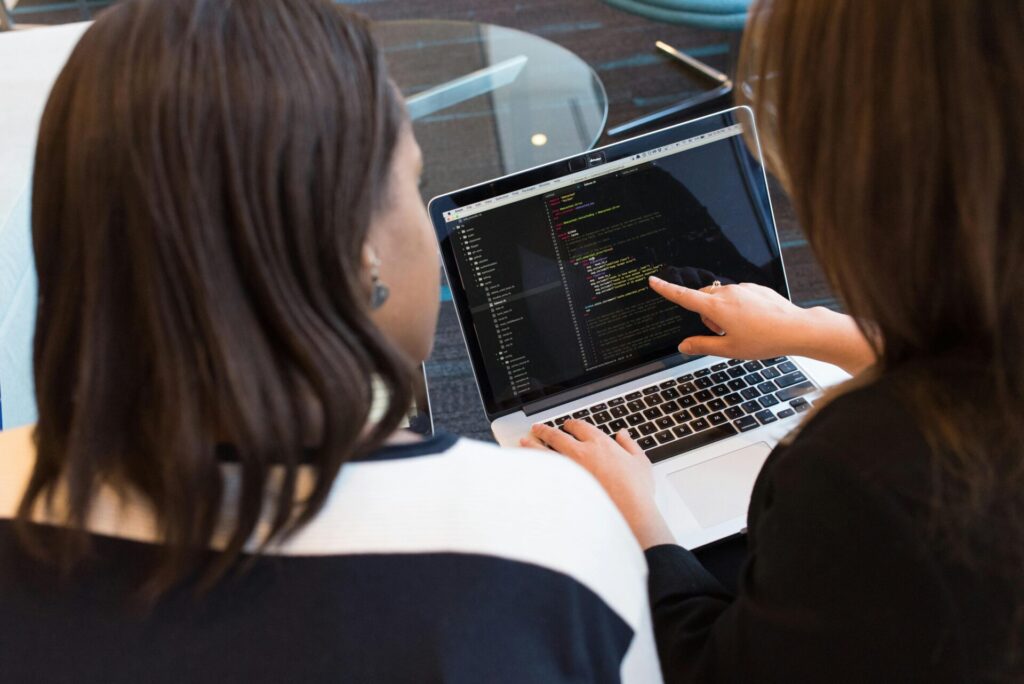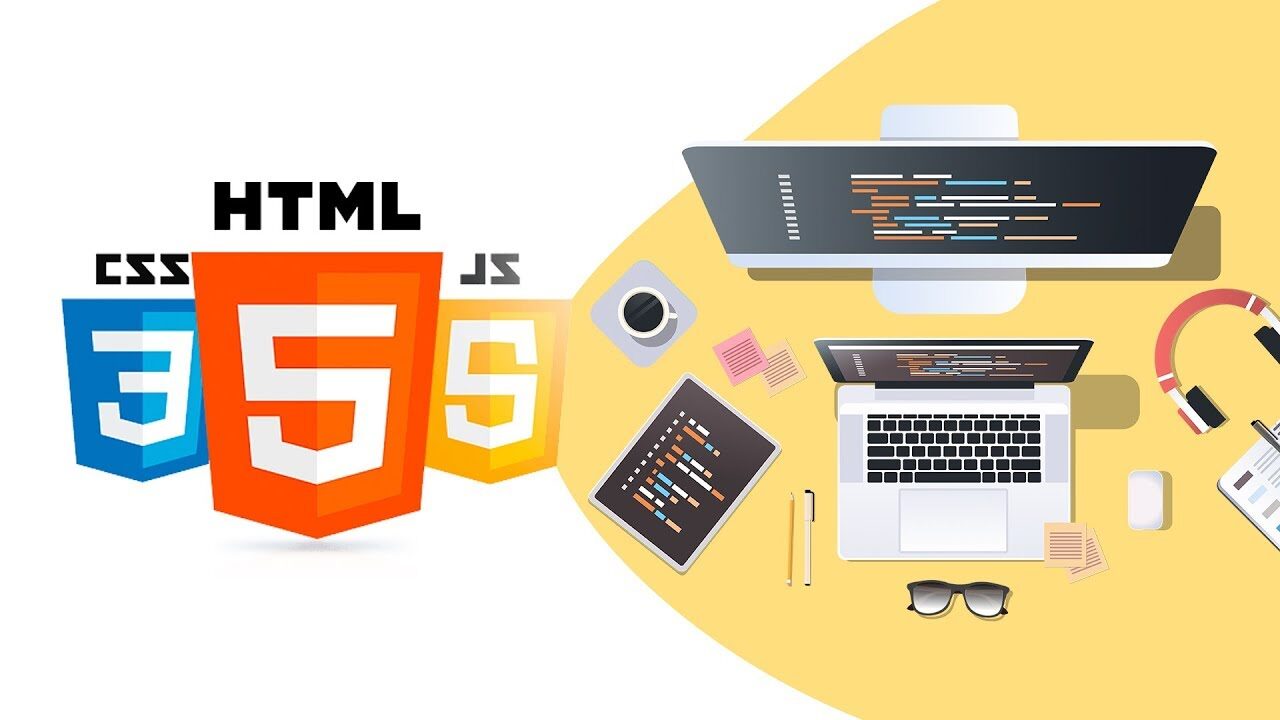The journey of learning to code can feel intimidating, especially if you’re completely new to the world of programming. However, with the right mindset, tools, and guidance, anyone can become proficient in coding. Whether you aim to build websites, develop mobile apps, or solve complex problems through software, understanding the key principles of programming is essential to success.
In this article, we’ll dive into what every beginner should know to thrive in their coding journey. We’ll cover essential programming courses, the best coding tutorials, and the top programming languages to start with. Whether you’re a complete novice or looking to brush up on your skills, this guide will help you learn to code with confidence.

Why Learning to Code is Important
Coding is becoming one of the most sought-after skills across multiple industries. The ability to write code not only opens up career opportunities in web development, data science, and software engineering, but it also enhances problem-solving skills and creativity. Learning to code also enables you to create your own projects, giving you the freedom to turn ideas into reality. Whether you are pursuing a career or developing a personal interest, understanding how to code is a critical skill in today’s tech-driven world.
Start Small: Master the Basics
Before diving into advanced programming concepts, it’s essential to build a strong foundation in the basics. Many programming for beginners courses start with foundational concepts such as:
- Variables and Data Types: These are the building blocks of any programming language, allowing you to store and manipulate information.
- Loops and Conditionals: These structures help automate tasks and control the flow of your code.
- Functions: Functions allow you to write reusable code, making your programs more efficient and organized.
If you’re feeling overwhelmed, start with a simple language and work your way up. For most beginners, starting with languages like Python programming or JavaScript programming is ideal. Both are user-friendly and have large communities of developers that create accessible coding tutorials and resources.
Choose the Right Programming Language
Picking the right programming language is crucial for beginners. Different languages serve different purposes, and choosing the one that aligns with your goals will make learning easier and more enjoyable.
1. Python Programming
Known for its simplicity and readability, Python programming is an excellent choice for beginners. Its clear syntax makes it easy to understand, and it’s versatile enough to be used in various applications, including web development, automation, data analysis, and artificial intelligence. Python has become a go-to language for many who want to learn to code without the steep learning curve associated with other languages.
2. JavaScript Programming
If you are interested in web development, learning JavaScript programming is a must. JavaScript powers the interactive elements of websites, allowing you to build dynamic web applications. Its versatility across front-end and back-end development makes it a critical language to master for anyone interested in building websites or apps. Additionally, JavaScript is essential for any beginner looking to transition into frameworks like React or Node.js, commonly taught in coding bootcamps.
3. HTML/CSS
While not technically programming languages, HTML and CSS are fundamental tools for any aspiring web developer. HTML structures web pages, while CSS handles the design and layout. Understanding these two technologies is critical before diving into more complex programming languages, especially if you aim to specialize in web development.
Best Resources for Learning to Code
Thanks to the growing number of programming resources available online, learning to code has never been easier. Here are some of the best platforms to get started:
1. Codecademy
Codecademy offers interactive lessons that allow you to learn to code directly in your browser. It covers a range of programming languages including Python, JavaScript, HTML/CSS, and more. It’s a great place for beginners to start and provides the option to earn a programming certification to validate your skills.
2. freeCodeCamp
freeCodeCamp is a nonprofit platform offering free coding tutorials and exercises that cover topics like web development, algorithms, and data structures. The platform emphasizes project-based learning, allowing you to build a portfolio as you learn.
3. Udemy
Udemy hosts a variety of paid and free programming courses, ranging from beginner to advanced levels. Many of these courses are taught by industry experts and offer lifetime access, so you can revisit the material as needed. Udemy courses are an excellent option if you want to dive deeper into specific topics like Python programming or JavaScript programming.
4. Scratch
For those interested in coding for kids, Scratch is an excellent visual programming language developed by MIT. It’s designed to introduce children to coding in a fun and interactive way. Scratch uses drag-and-drop blocks to teach programming concepts like loops and conditionals, making it a great tool for younger learners.
Coding Bootcamps: Fast-Track Your Learning
If you want to accelerate your coding journey, enrolling in a coding bootcamp can be an effective way to gain skills quickly. Bootcamps are intensive, full-time programs designed to take you from beginner to job-ready in a matter of months. Many bootcamps focus on career development, helping students land jobs in tech roles like software development or data science.
Bootcamps often cover advanced programming concepts and introduce you to practical applications of coding, such as building web apps or working with APIs. They also offer valuable networking opportunities, providing connections to hiring managers and industry professionals.
Tips for Success in Programming
- Be Consistent: Coding is like learning a new language. The more you practice, the better you’ll get. Set aside time each day to code, even if it’s just for 30 minutes.
- Work on Projects: One of the best ways to learn is by building projects. Whether it’s a personal website, a calculator app, or a simple game, applying what you learn in real-world projects will solidify your understanding.
- Join Coding Communities: Don’t code in isolation. Join online coding communities like Stack Overflow, Reddit, or GitHub to ask questions, share your work, and collaborate with others.
- Embrace Failure: Programming can be challenging, especially when you’re starting out. Bugs and errors are inevitable. The key is to stay patient and persistent, using mistakes as learning opportunities.

Success in programming doesn’t come overnight, but with determination, the right tools, and a clear learning path, anyone can master the art of coding. Whether you’re following coding tutorials, enrolling in programming courses, or even taking part in a coding bootcamp, remember that consistent practice and real-world application are the keys to success.
Start small, pick the right programming language, and build from there. The opportunities in the tech world are endless, and with coding, you have the power to create, innovate, and succeed.



